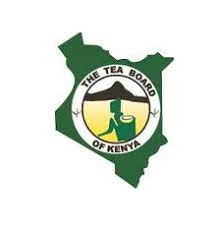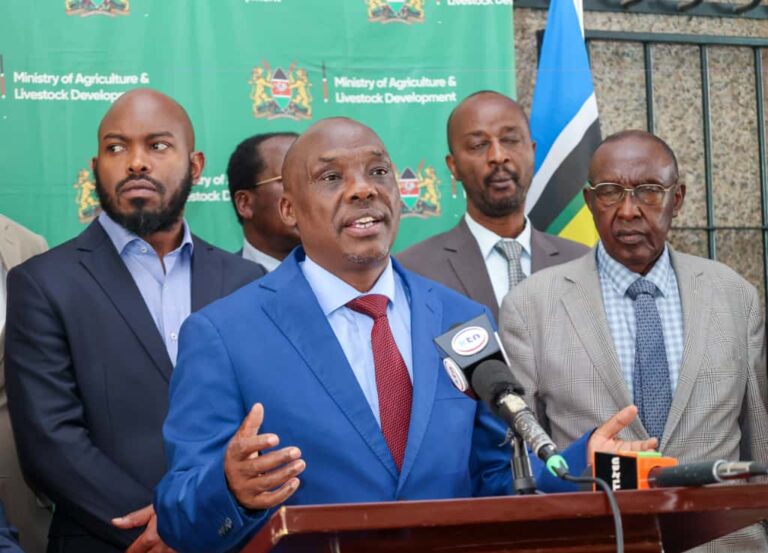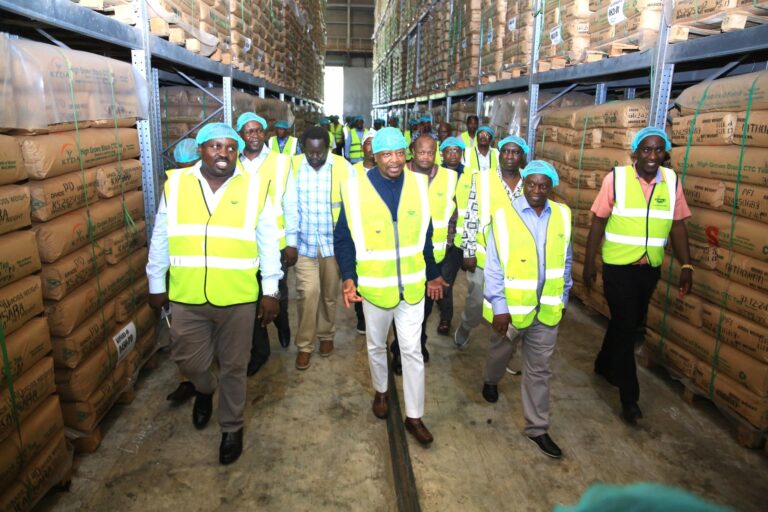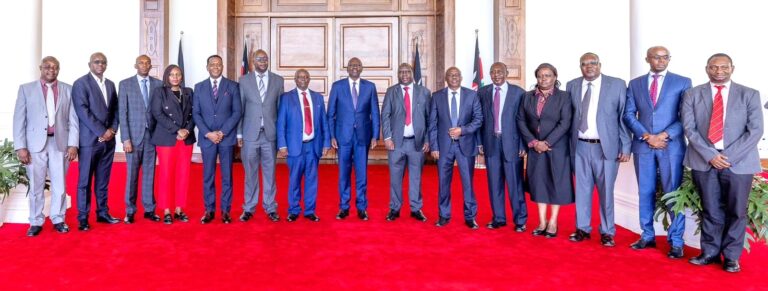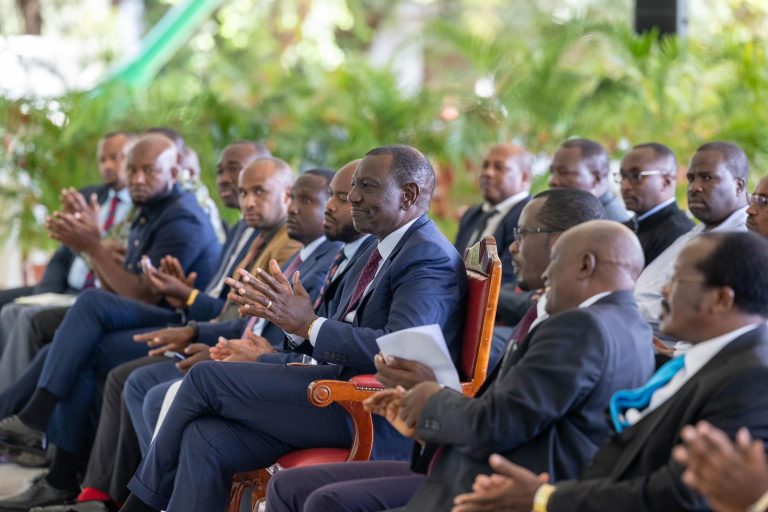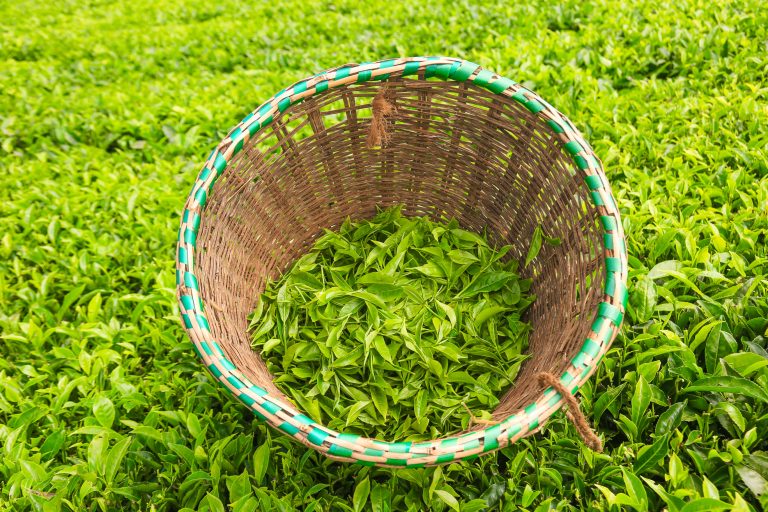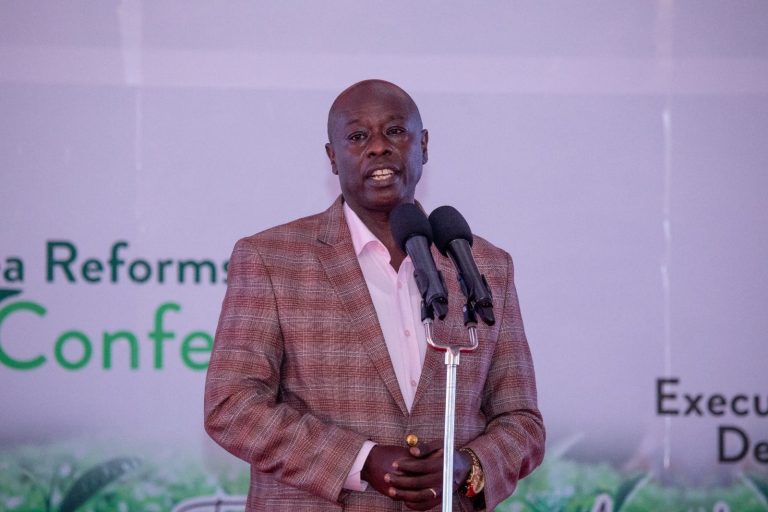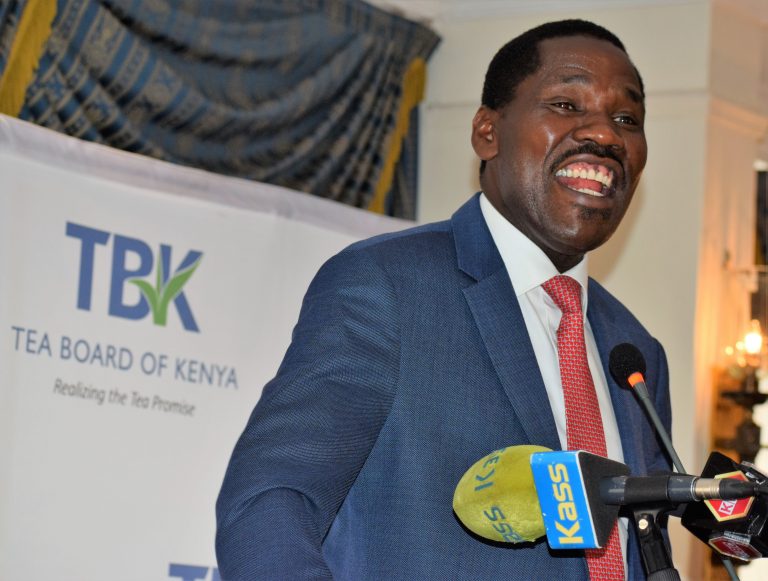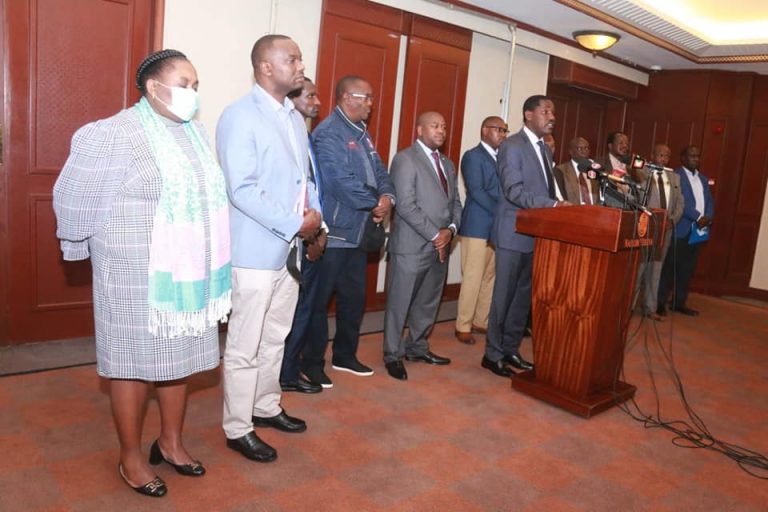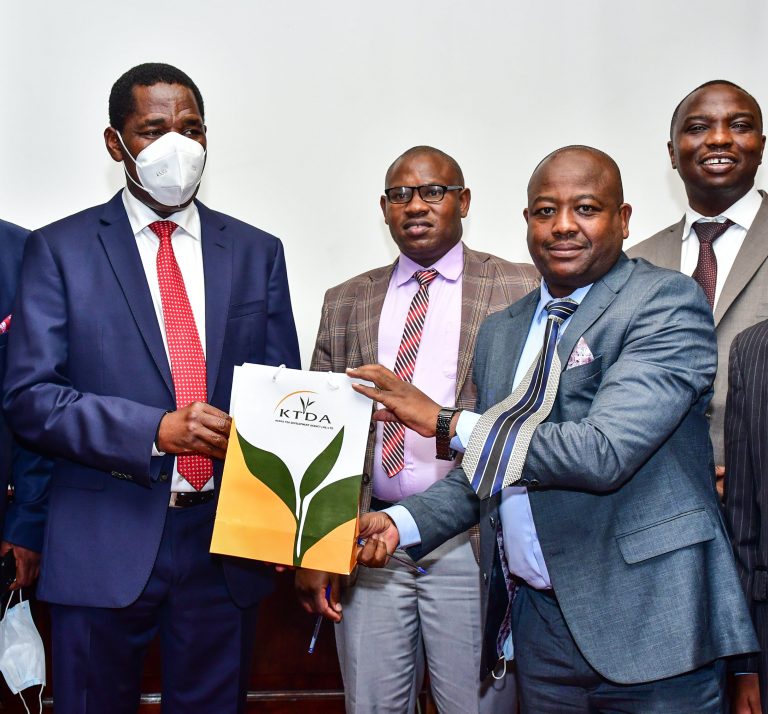Recently, President Uhuru Kenyatta assented an Act of Parliament to provide for the regulation, development and promotion of the tea industry and for connected purposes known as the Tea Act 2020.
The act established a Board, to be known as the Tea Board of Kenya. The headquarters of the Board shall be in Nairobi City County. However, the Board may establish such branches in Kenya as it may consider necessary for the efficient performance of its functions.
Functions of the Board.
- develop, promote and regulate the development of the tea industry;
- co-ordinate the activities of individuals and organizations within the tea industry;
- facilitate equitable access to the resources, facilities and benefits of the tea industry by all interested parties;
- make recommendations to the Cabinet Secretary on the formulation of policies, plans and strategies for the regulation of the tea sector;
- register tea factories, small scale tea growers, medium scale tea growers, large scale tea growers, warehouse operators, tea packers, tea buyers, exporters, importers, tea brokers, management agents, tea auction organizers, commercial tea nurseries, commercial green leaf transporters;
- license manufacturers;
- promote best practices and standards in the production, processing, marketing, grading, storage, collection, transportation and warehousing of tea;
- facilitate marketing and distribution of tea through gathering and dissemination of market information and monitoring of the local and global supply-demand situation;
- co-ordinate prioritization of research in tea;
- regulate the sale, import and exports of tea;
- develop, implement and coordinate a national tea marketing strategy;
- prescribe the maximum period and minimum amount for payment of green leaf;
- promote and advise on strategies for value addition and product diversification;
- promote demand and consumption of tea locally and internationally;
- identify market needs and trends and advise the Cabinet Secretary on issues related to national and international tea trade;
- collaborate with national and international trade bodies on tea related matters;
- monitor, conduct surveillance and enforce compliance with tea standards, this Act and any regulations made under it;
- advise the national government on levies, fees and import or export duties on tea;
- advise the county governments on agricultural cess and fees;
- oversee the efficient utilization of available Board’s funds;
- undertake capacity building, technology transfer and technical assistance to the counties on matters related to tea; and
- Carry out such other functions as may be assigned to it by this Act, and any written law while respecting the roles of the two levels of governments.
Management of the Board
Management of the Board shall vest in a Board of Directors consisting of—
- a chairperson appointed by the President by notice in the Gazette;
- the Principal Secretary responsible for agriculture or a representative nominated by the Principal Secretary in writing;
- the Principal Secretary responsible for trade or a representative nominated by the Principal Secretary in writing;
- the Principal Secretary responsible for National Treasury or a representative nominated by the Principal Secretary in writing
- one person of either gender, who shall have knowledge and experience in the tea sector and be from either the East and West tea blocks, nominated alternatingly by the Council of Governors;
- four persons, two of either gender, representing and elected by small scale and medium scale tea growers from the East and West of the tea blocks: Provided that two persons shall be from each of the tea blocks;
- one person elected and representing large scale tea growers;
- one person elected and representing tea traders;
- a chief executive officer appointed in accordance with section 13 who shall be an ex-officio member of the Board.


